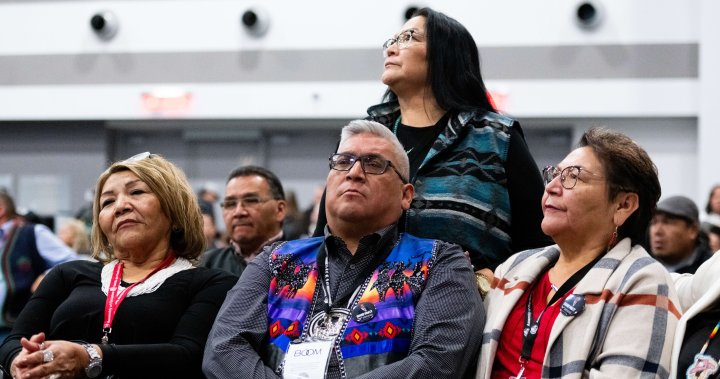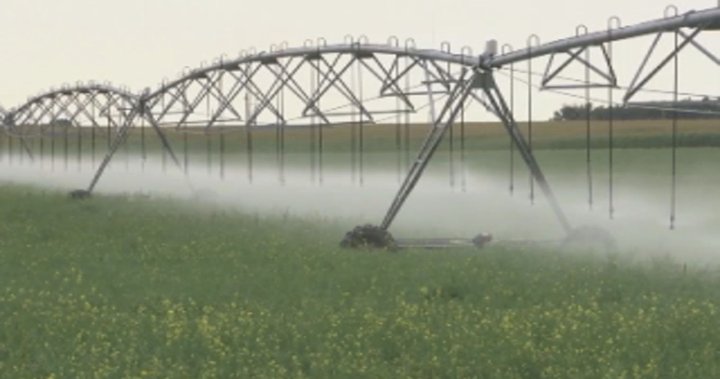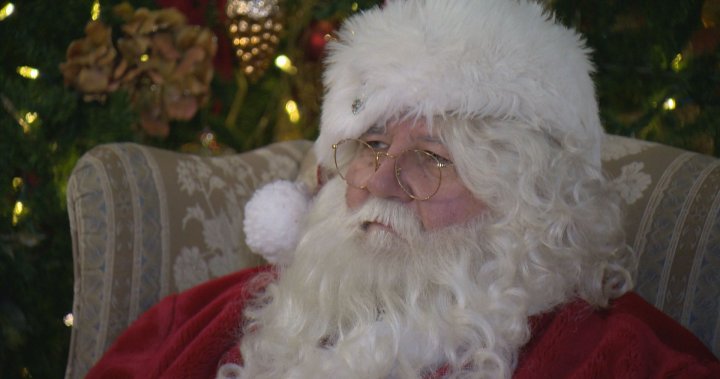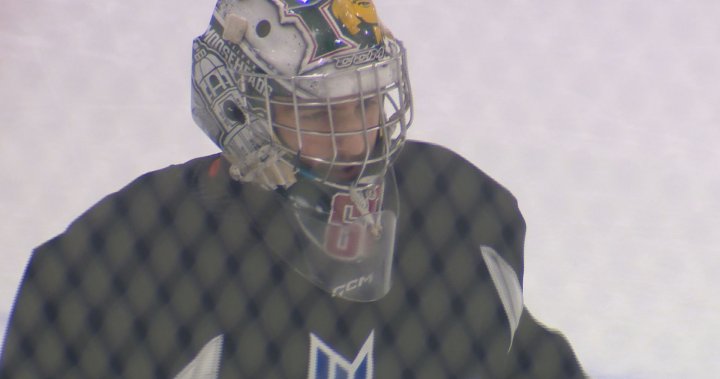The Assembly of First Nations’ special chiefs assembly continues in Ottawa Thursday without a new national chief.
First Nations leaders were growing impatient late Wednesday as voting for the new national chief of the Assembly of First Nations went long into the night, with neither front-runner reaching the 60 per cent victory threshold.
After six separate rounds of voting, AFN regional chief Cindy Woodhouse had collected 50.8 per cent of the registered vote, leading her closest challenger: David Pratt, vice-chief of the Federation of Sovereign Indigenous Nations.
Pratt did not concede as expected after the fourth ballot, leading to a tense conversation with Woodhouse on the floor of the convention centre in downtown Ottawa and another round of voting.
He did not concede after the fifth or sixth, either, on the advice of his supporters who were holding out hope he could mount a comeback, and after another candidate threw her support behind him in her concession speech.
Word of a sixth ballot elicited both groans and whoops from the gathered delegates, some of whom took to the floor microphone to urge organizers to call an end to the voting and declare Woodhouse the winner.
But Delbert Wapass, the chief of Thunderchild First Nation in central Saskatchewan, did the opposite, insisting that the assembly stick to the rules that govern it.
“Just because this is Indian politics does not mean this is a banana republic,” Wapass said. “Let’s stick to the rules: 60 per cent of the vote.”
There are 461 delegates registered to cast ballots, including Chiefs and proxies. The number of votes needed to reach the victory threshold would be 277.
News that the seventh would occur in the morning didn’t elicit the same response from those in the assembly.
Max FineDay, the CEO of Indigenous consulting firm Warshield, said it’s clear there is no consensus in the assembly shortly after delegates began to vacate the building minutes before midnight on Wednesday.
“Which means that the election has been rigorous and full of ideas. Ultimately, it’s up to the chiefs to decide what they want to see, and what direction they want to see the AFN go in the next three years.”
Things began to get complicated after Sheila North, a former Manitoba grand chief and longtime advocate for missing and murdered Indigenous women, threw her support to Pratt before bowing out of the race.
She also launched a shot at Woodhouse, who was an executive when the former national chief was ousted from her post earlier this year.
“She did not deserve that,” she said about former national chief RoseAnne Archibald. “It doesn’t mean I agree with everything she did or how she did it. But she should have been given that respect to finish her term.”
North, who ran unsuccessfully for the job in 2018, also said she hoped the AFN would continue to push for better protections for Indigenous women and girls, and to confront gender-based violence.
“You can do it, chiefs,” she told delegates. “Our relatives are waiting for us to do better.”
Her name was the fourth to drop off the ballot during a marathon round of voting and counting that began Wednesday morning.
Former national chief Archibald was ousted over the findings of an investigation into complaints from five staff members about her conduct, which led to this December election.
The third-party independent review concluded some of Archibald’s behaviour amounted to harassment, and that she had breached confidentiality rules and violated internal policies by retaliating against complainants.
Archibald denied the allegations. Her supporters maintain she was removed from the post for trying to change the organization’s status quo.
Of the 231 chiefs who took part in the special assembly, 71 per cent voted to remove her.
Six candidates were vying to replace Archibald and interim national chief Joanna Bernard, including Reginald Bellerose, chair of the Saskatchewan Indian Gaming Authority, longtime Batchewana First Nation Chief Dean Sayers and former Alberta regional chief Craig Makinaw.
Pratt and Woodhouse are the only two still in the running. They, along with the six other candidates, made their plea to voters Tuesday evening in an all-candidates forum.
Woodhouse earned a rousing cheer when she acknowledged Wab Kinew’s election win in her province, where he became Canada’s first First Nations provincial premier last month.
She also called for better First Nations policing, more communication between chiefs and the executive, and the need to lobby Ottawa more aggressively to ensure their concerns are addressed in the next federal budget.
Pratt reminded delegates of the “great history” they share in their advocacy, and said if he is elected national chief, “we’re going to shake this country up.”
“We’ve got to stand together and send a message to governments across the country that enough is enough,” Pratt said.
The seventh vote will take place at 11 a.m. Thursday.
© 2023 The Canadian Press




